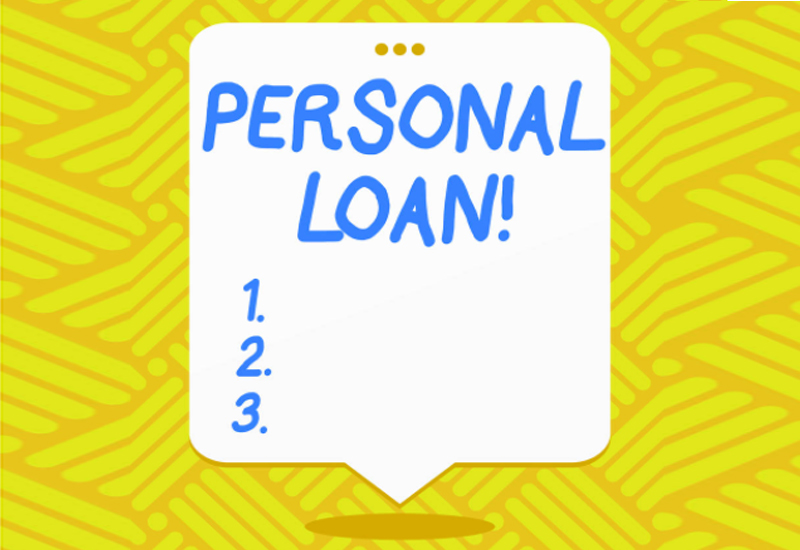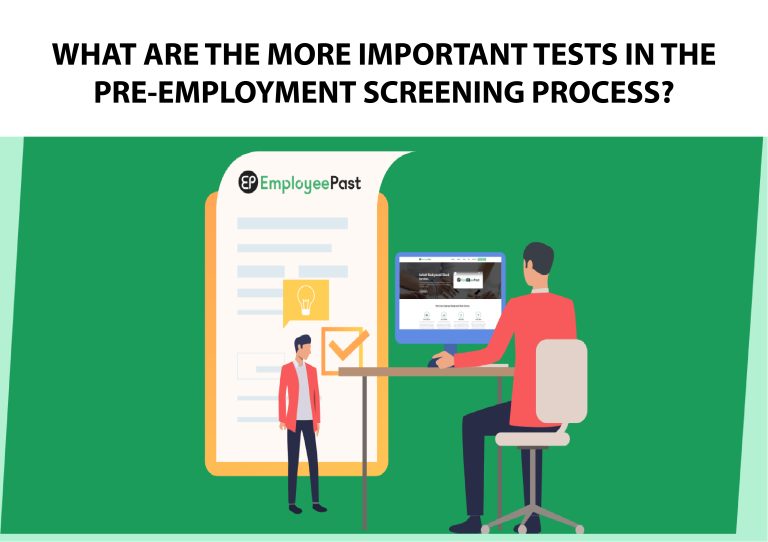Things You Should Know About Personal Loans

At some point in our lives, we all face a situation where we need financial help. It could be an emergency medical expense, a home renovation project, or even a dream vacation that requires a bit of extra cash. While credit cards and other forms of borrowing can be a quick fix, they often come with high-interest rates and hidden fees. In such cases, a personal loan can be a smart option to consider.
What is a Personal Loan?
A personal loan is a type of unsecured loan that can be used for various purposes, such as consolidating debt, making a large purchase, or financing a personal project. Unlike a secured loan, such as a mortgage or car loan, a personal loan does not require collateral, which means you don’t have to put up any assets as security to obtain the loan.
Personal loans are usually repaid in fixed monthly instalments over a set period, typically between one and seven years. The interest rate on a personal loan is generally lower than that of a credit card, making it a more affordable borrowing option. A personal loan guide is a comprehensive resource that provides consumers with valuable information about personal loans.
Types of Personal Loans
There are several types of personal loans available, each with its features and benefits. Here are some of the most common types of personal loans:
- Secured Personal Loans: These loans require collateral, such as a car or property, which serves as security for the lender. Secured personal loans typically have lower interest rates than unsecured loans because they are less risky for the lender.
- Unsecured Personal Loans: These loans do not require collateral, but they usually come with higher interest rates than secured loans. Unsecured personal loans are ideal for people who do not have assets to use as collateral.
- Debt Consolidation Loans: These loans are used to consolidate multiple debts into a single monthly payment. Debt consolidation loans can help simplify your finances and reduce your overall interest payments.
- Line of Credit: A line of credit is a type of revolving credit that allows you to borrow money up to a certain limit. You can borrow and repay as much as you want within the limit, and you only pay interest on the amount you borrow.
- Co-Signed Loans: These loans require a co-signer who agrees to pay the loan if the borrower defaults. Co-signed loans are often used by people with poor credit or no credit history.
How to Qualify for a Personal Loan
To qualify for a personal loan, you need to meet certain eligibility criteria set by the lender. Here are some of the factors that lenders typically consider when evaluating your loan application:
- Credit Score: Your credit score is one of the most important factors that lenders consider when deciding whether to approve your loan application. A good credit score (usually 700 or higher) indicates that you are a low-risk borrower who is likely to repay the loan on time.
- Income: Lenders also look at your income to determine whether you can afford to repay the loan. They may ask for proof of income, such as pay stubs or tax returns.
- Employment History: Your employment history is another factor that lenders consider. They may want to see that you have a stable job and a steady income.
- Debt-to-Income Ratio: Lenders look at your debt-to-income ratio, which is the amount of debt you have compared to your income. A high debt-to-income ratio can make it difficult to qualify for a loan.
- Other Factors: Lenders may also consider other factors, such as your age, education, and residency status.
Tips for Choosing a Personal Loan
Choosing the right personal loan can be a daunting task, especially if you are new to borrowing. Here are some tips to help you choose the best personal loan for your needs:
- Shop around: Don’t settle for the first loan offer you receive. Shop around and compare interest rates, fees, and other terms from different lenders to find the best deal.
- Read the fine print: Before signing on the dotted line, make sure you read and understand all the terms and conditions of the loan, including any fees or penalties.
- Consider the repayment terms: Look for a loan with repayment terms that fit your budget and financial goals. Choose a loan with a shorter term if you want to pay it off quickly or a longer term if you need lower monthly payments.
- Check for prepayment penalties: Some lenders may charge a penalty for paying off your loan early. Make sure you check for prepayment penalties before accepting the loan offer.
- Avoid scams: Beware of scams and fraudulent lenders who may try to trick you into paying upfront fees or disclosing personal information. Always do your research and choose a reputable lender.

Conclusion
A personal loan can be a useful tool for managing your finances and achieving your goals. Whether you need to consolidate debt, finance a home renovation project, or pay for unexpected expenses, a personal loan can provide the funds you need at an affordable rate. By understanding the types of personal loans available, the eligibility criteria, and the tips for choosing the right loan, you can make an informed decision and secure a loan that meets your financial needs. Remember to borrow responsibly and always repay your loan on time to maintain good credit standing.






